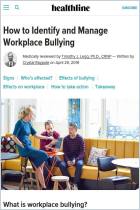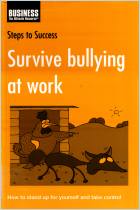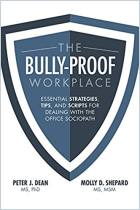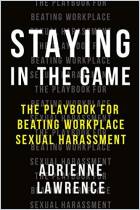Acesse a sua conta getAbstract para obter o resumo!

Acesse a sua conta getAbstract para obter o resumo!
Pat Ferris
How to deal with being bullied at work
You might understandably feel trapped and powerless, but there is a range of steps you can take to improve your situation
Psyche, 2024
Sobre o que é?
If you thought you left bullying behind in high school, think again. Workplace bullying affects up to 20% of employees at some point in their career.
Recommendation
Everyone experiences conflict and disagreements at work at some point or other. Perhaps your feelings get hurt, or you suffer a lapse of judgment that inadvertently hurts someone else’s feelings. These infrequent experiences are not tantamount to bullying. Bullying is persistent, intentional maliciousness that will leave you feeling intimidated, undermined and deflated. If you’ve been a victim of workplace bullying, this Psyche article by therapist and consultant Pat Ferris will give you some solid advice and help you feel stronger.
Summary
About the Author
Therapist and consultant Pat Ferris is the co-author of Dignity and Inclusion at Work, a handbook that addresses workplace bullying.




















Comment on this summary